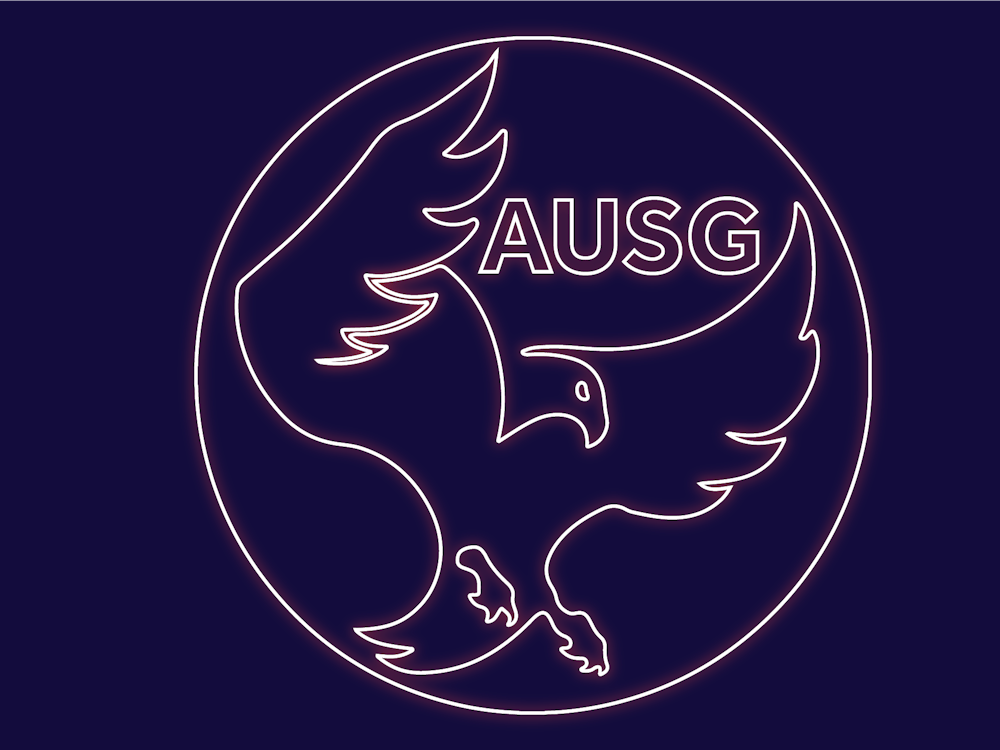The American University Student Government is enacting a pilot program to start creating yearbooks for the student body.
This initiative comes from SG President Chyna Brodie, a junior in the School of Public Affairs and the College of Arts and Sciences, who advocated for creating a yearbook to strengthen the community during her campaign.
“I think that’s just a very fundamental part of our college experience,” Brodie said. “In 20 years, when I look back at these years, I want to have something tangible.”
Polling of the student body by the yearbook staff showed that 95 percent of students were in favor of the yearbooks, according to Brodie.
“We were just really happy to see that because, honestly, I was expecting high levels of engagement with that because it’s a pretty foundational idea to have a college yearbook,” Brodie said.
Under the pilot, around 1,500 to 1,700 books will be produced, with plans to increase the number of books in the future. AUSG will give out the books on a first-come, first-served basis inside of MGC in the spring, Brodie said.
“The pilot programs usually provide to 20 percent of the students to see how they liked it and how it goes, and then the next year, it potentially scales up to be more than that,” Comptroller Paul Relyea, a junior in the School of Public Affairs, said.
In addition, the books will be provided to students free of charge, resulting in an average cost of $33 per student who receives a book. Relyea compared this cost to the average cost per student attending a Kennedy Political Union event, which is around $25 to $33. In total, the initiative will cost around $56,000.
“So, both are things that not everybody was able to or will be able to access, but the spending per student about tracks to be the same,” Relyea said. “And of course, they’re all going to be provided to students, free of charge; nobody’s charged for a KPU event, WI [Women’s Initiative] event.”
This year, the money for these books was drawn from the SG budget reserves, where leftover money from previous semesters is allocated.
During the 2020-2021 semesters, online programming due to the coronavirus resulted in unused funds. The funds were then rolled over to SG reserves.
“My estimation is that as much as 95 percent of that money is actually from student activity fees paid by students who have since graduated when underspending and saving was more common,” Relyea said.
If the pilot program is successful, the funds for future yearbooks will be pulled from the current student activity fee, according to Relyea.
Looking toward the future, Brodie says the yearbook will be a place to highlight all different types of students and activities.
“I think that goes back to something that's just really important to me, as president, is to just really advocate for all students,” Brodie said. “It shouldn’t just be for a certain group, but to really advocate for everyone.”





